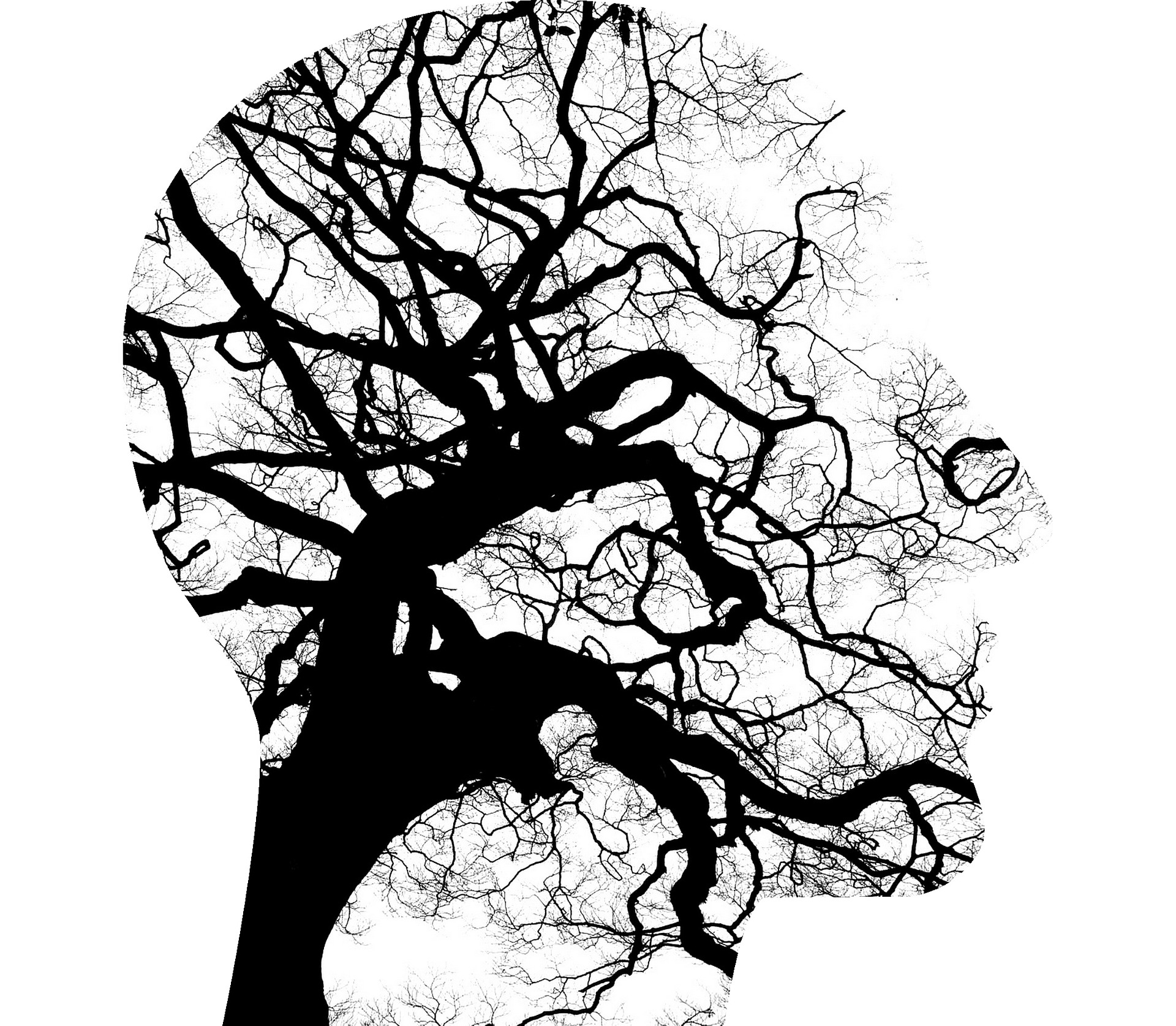Both John and I experienced misdiagnosis before we were finally diagnosed with Bipolar 1. This I believe is a pretty common experience. The figure often quoted is that it takes on average 10 years from the onset of symptoms to the point where the diagnosis is made. There are a number of reasons for this as I see it – (a) Hypomania is usually seen by the patient as an entirely positive state of affairs, and is often not reported as a problem. This leaves a bipolar person reporting more on the depressive episodes, leading to a diagnosis of major depression. (b) As I said previously people may try to cope with the worsening symptoms on their own out of fear, shame or degrees of denial (I’ll talk about medicating with alcohol later). (c) Psychosis (as in John’s case) or intense paranoia can lead to false assumption that the person is schizophrenic. (d) The early days of contact with psychiatry really are fraught and difficult. Communication is difficult – in both directions. What’s happening in your mind can be confusing, frightening, disorientating, shaming, disempowering, and through this tangle of a disintegrating mind you have to somehow find the right words to explain how you’re feeling. (e) Bipolar disorder is mercurial, and when you’re well it’s genuinely difficult to recall properly how you felt when unwell. In the same way it’s recognised that if you are low your memory is tainted by this, and you remember all your low times far more readily than the high times. This makes reporting your illness to a psychiatrist genuinely difficult.
Once you have a manic psychotic episode, however, the diagnosis presents itself more easily! But my psychiatrist on this occasion didn’t give me the diagnosis, and instead had some news for me – he was about to go on a sabbatical and I’d be seeing a different psychiatrist at my next appointment…
The first time I met my new psychiatrist I was going through drug withdrawal symptoms from cutting out one of my antidepressants. Drug withdrawal is an exquisitely shitty and scratchy and cold-sweaty and completely hellish way to feel and it was making me spiky and beligerent. I’d had enough of pretending that I was depressed and anxious. I needed the diagnosis so that I could get on with rethinking my life.
‘So can we start using the ‘B’ word now??’ I was layering on the sarcasm.
‘The ‘B’ word??’
‘Bipolar!’ I snapped.
And then my new psychiatrist (who I subsequently developed so much respect for) said this:
‘Well it may well be that in future we choose to talk about your symptoms in terms of a bipolar disorder’……
Some people feel as if a diagnosis somehow labels them, diminishes them and leaves them open to prejudice. I couldn’t be further from this position. I think that owning a diagnosis and not skirting around it is ultimately empowering, allowing you to take steps to deal with what needs dealt with. I was crying out for a diagnosis because I needed to make sense of what was happening to me. I needed something solid and certain in the middle of the growing chaos in my mind. I still at this point needed reassurance that there was actually something wrong and I wasn’t making it all up. The way my psychiatrist formulated his response in such a roundabout way was probably meant to soften the blow a bit, but it wasn’t quite the resounding certainty I was craving! It’s difficult communicating from both sides of the consulting room desk.



This is really good. I was misdiagnosed with bipolar after an episode of psychosis by a psychiatrist who decided this in the first 20 minutes and then (I swear, if there hadn’t been another witness in the room no one would believe me) tried to prescribe lithium.
Thank fuck I refused and was backed up all the way by my kick ass cpn who had spent significantly more time with me and disagreed with the diagnosis. Another three years down the line and I was finally diagnosed with complex post traumatic stress disorder, which led to a course of treatment that changed my life. Sometimes, as you have pointed out, labels are needed in order to know what exactly you are dealing with. You wouldn’t give someone crutches to treat diabetes.
LikeLike
Much thanks Missi. That means a lot to both of us (John)
LikeLike
Thanks for sharing that missi. One of the things it really brings home to me is another aspect of the patient / psychiatrist relationship, and that is that we have to place our trust in our psychiatrist while still holding on to a sense of discernment, and a sense of autonomy about what we will and won’t accept for ourselves. It takes a fair amount of confidence to say no when a medication is offered to you, and is another area where communication is very tricky. Psychiatrists, of course, also have to deal with the fact that people vary so widely – some want complete autonomy over all decisions while others want the psychiatrist to deal with all decision making. I think a lot about what could make this communication process easier, and how you might train doctors (and patients) to communicate better. Your reply has given me lots more to think about! (Elle)
LikeLike
Reblogged this on Mind Palaver and commented:
As Elle is unfortunately still in hospital and I have a writing deadline to meet. I’m going to reblog over the next couple of weeks some of our favourite posts. So here we are…
LikeLike